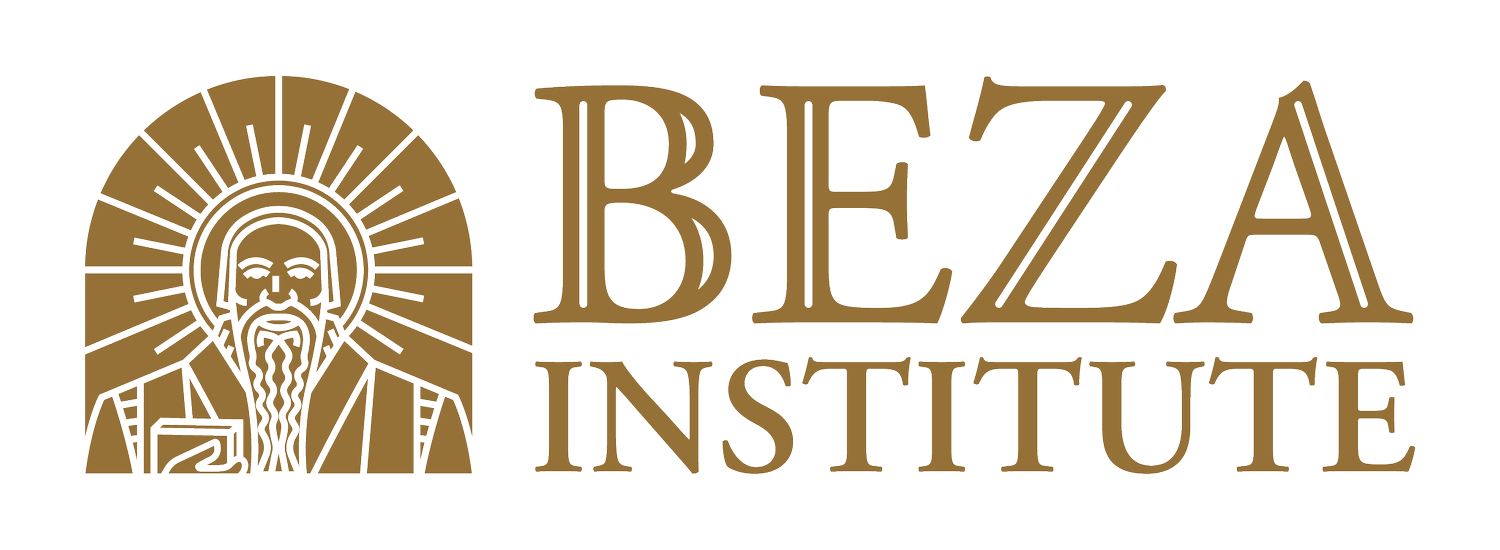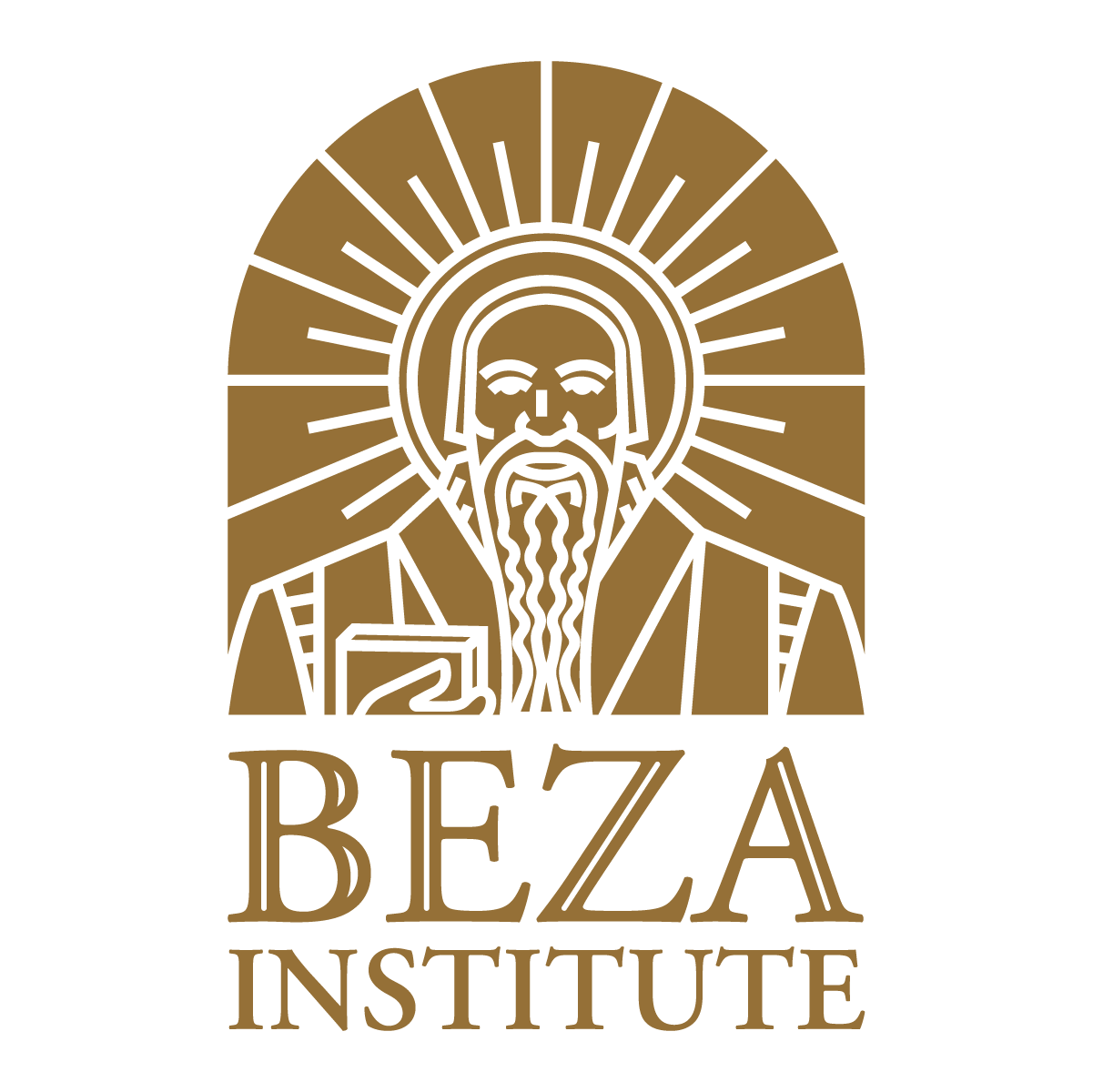Students of the Divine Scriptures
An Analysis of the Role of Scripture in the Educational Philosophy of Augustine & Cassiodorus
In the opening line of book three of his work, On Christian Teaching, Augustine states, “The student who fears God earnestly seeks his will in the holy scriptures” (1). As a Christian educator and pastor, Augustine believed that it was within the Scriptures that followers of Christ — the citizens of God’s city— would find truth that would enable them to live according to God’s will. The renowned Bishop of Hippo believed that only in God could true fulfillment and right living be found. With this in mind, the following question arises: As a rhetor-turned-pastor, how does Augustine’s understanding of Scripture affect his philosophy of education?
Born more than 50 years after Augustine, Cassiodorus followed in Augustine’s footsteps by building on his educational work as well as detailing a program for a classical, Christian liberal arts education. A Roman statesman and educator, Cassiodorus maintained a library of Scriptural commentaries and classical works which he proposed encapsulated a quality education.
Both Augustine and Cassiodorus understood that the study of the Scriptures held preeminence within a proper education. Indeed, this is demonstrated through Augustine’s On Christian Teaching and Cassiodorus’ Institutions of Divine and Secular Learning. This preoccupation with the study of Scripture is an educational philosophy unfortunately long forgotten in modern society, and classical Christian educators have the task of reviving this pursuit. For Augustine, and subsequently Cassiodorus, the study of Scripture is the chief purpose of a quality, classical Christian education due to the fact that the Scriptures rightly order the loves of the student, the Scriptures are the means to attaining the happy life, and the Scriptures are the primary means of obtaining knowledge of the world.
The Scriptures Rightly Order the Loves of a Student
Much of Augustine’s theological framework revolves around the notion that without God’s grace, the human person’s loves and desires will be disordered. The fruit, then, of a person’s right relationship with the Creator will result in the proper ordering of loves. In On Christian Teaching, Augustine posits that true education will be rooted in Scripture and must be concerned with the study of Scripture, for in the study of Scripture the student’s loves will be rightly ordered. Without proper learning and a converted heart, humanity’s disordered loves will remain disordered. The Bishop states, “There is, then, no need to be instructed to love oneself and one’s body; we love what we are and what is inferior to us but belongs to us… It therefore remains for us to receive instruction about what is above us and what is close to us” (2). Therefore, meaningful, love-altering education is found in the Scriptures which point us to God.
The right-ordering of loves results in a changed moral character. Education, for Augustine, was not merely for the purpose of the transmission of knowledge but also for moral formation. Augustine finds this basis for morality in the Divine Scriptures. He posits, “So anyone who thinks that he has understood the divine scriptures or any part of them, but cannot by his understanding build up this love double love of God and neighbor, has not yet succeeded in understanding them,” (emphasis added) (3). Cassiodorus instructs the monks to live as Christ commanded in the Scriptures and to train those peasants near the monastery “in good moral behavior” (4). Scripture provided a firm foundation to demonstrate what a morally upright life entails. Augustine and Cassiodorus understood the ability of the Scriptures to shape loves and to provide moral formation, and thus their educational philosophy placed the study of Scripture as the chief purpose of education. Augustine stated, “In clearly expressed passages of Scripture one can find all the things that concern faith and the moral life” (5).
The Scriptures Are the Means of Attaining the Happy Life
The classical educators of the Roman Empire were often concerned with the goal of achieving the good life. Yet, Augustine understood as a Christian that felicity is only truly found in God, and will truly be complete in eternity. With this eternal destination for the Christian in mind, Augustine understood that Christians were pilgrims on a journey. He grabs hold of this image in On Christian Teaching when he says “So in this mortal life we are like travelers away from our Lord…” (6). Augustine’s philosophy of education had in mind this pilgrim-state of the human person, and thus Augustine saw education as a means of guiding the pilgrim on the journey toward blessedness. Augustine contends that secular learning in itself cannot bring this about, and only learning in Christ’s church will only a bring about this felicitous end. He states, “Do not venture without due care into any branches of learning which are pursued outside of the church of Christ, as if they were a means to attaining the happy life, but discriminate sensibly and carefully between them” (7). It is clear here that Augustine understands that the secular disciplines are unable to bring about the happy life.
It is important to note, though, that both Augustine and Cassiodorus did not reject all content from non-Scriptural sources. Cassiodorus remarks, “Many of our Fathers, schooled in secular learning and abiding in the law of the Lord, reached true wisdom, as blessed Augustine recalls in his book [On] Christian Learning” (8). The key here is that only by abiding in the law of the Lord was true wisdom attained.
For the Christian, education must be given with the goal of training the student to love God and grow in his knowledge of the Scriptures. A soul in communion with God is the final destination for the follower of Christ. The happy life cannot be achieved apart from that. For this reason, Augustine and Cassiodorus posit that the student must have a sound, complete knowledge of Scripture (9). Spiritual truths, the most important truths to the Christian, are found within the Scriptures. Augustine contends that this is the study to which the student must give himself.
The Scriptures Are the Primary Means of Obtaining Knowledge of the World
Well-versed in the conversations surrounding the purpose of education, Cassiodorus contended that truth came through God alone. Understanding this, he begins the Institutions of Divine and Secular Learning by discussing the Scriptures and commentaries of those Scriptures, and then only upon providing that outline, turns to discuss the liberal arts (which, Cassiodorus argues, find their basis in Scripture) (10). He opens his work with the following admission of disappointment with the prevailing educational philosophies of his day:
“When I realized that there was such a zealous and eager pursuit of secular learning, by which the majority of mankind hopes to obtain knowledge of this world, I was deeply grieved, I admit, that the Holy Scripture should so lack public teachers, whereas secular authors certainly flourish in widespread teaching” (11).
Indeed, Cassiodorus understood that secular learning, which was not undergirded by or submitted to the authority of Scripture, would be unfruitful. He called for an increase the amount of teachers of the Holy Scriptures, and this call still stands true today. He argues that truth belongs to God, and God alone (12). His truth has been established in Scripture, and while pagans may maintain vestiges of truth in their secular disciplines, it belongs to God regardless. Augustine anticipates this belief when he states, “A person who is a good and true Christian should realize that truth belongs to his lord, wherever it is found, gathering and acknowledging it evening pagan literature…” (13). Scripture forms the basis for a proper knowledge of the world. Cassiodorus states clearly:
“Since both the Bible and in most learned commentaries we understand a great deal through figures of speech, through definitions, through grammar, rhetoric, dialectic, arithmetic, music, geometry, and astronomy, it is not irrelevant to touch briefly on the teachings of the secular teachers, i.e the arts and disciplines and their divisions in a second book” (14).
Indeed, the secular disciplines are worth touching on “briefly,” and only due to the fact that the Scriptures provide the foundation for these disciplines. Concerning the teaching of the discipline of history, Augustine contends that it is beneficial primarily due to the fact that it aids in the study of Scripture (15). Furthermore, Cassiodorus points out how Jerome used Scripture with his system of cola and commatta to teach rhetoric (16). Thus, it is established that the educational philosophy of Augustine and Cassiodorus still supported the endeavor of teaching secular disciplines, but only if they are understood in their rightful place and Scripture holds its preeminence.
Conclusion
The study of Scripture, for both Augustine and Cassiodorus, was the most important aspect of an education. The study of Scripture was a way to rightly order loves, it was the only means of obtaining the happy life, and it was the primary foundation for attaining knowledge regarding the world. While Augustine and Cassiodorus argued that secular disciplines could — and should— be studied, the Scriptures came first in terms of order, hierarchy, and authority. In an age which denies truth and the source of truth, it would be wise to retrieve this educational philosophy in order to declare God’s truth for the generations to come.
Augustine, On Christian Teaching, trans. R. P. H. Green (Oxford: Oxford Univ. Press, 2008), 68.
Augustine, The City of God Against the Pagans, trans. R. W. Dyson (Cambridge: Cambridge University Press, 2018), 679-680.
Augustine, On Christian Teaching, 27.
Cassiodorus, Institutions of Divine and Secular Learning and On the Soul, 166.
Augustine, On Christian Teaching, 37.
Augustine, On Christian Teaching, 10.
Augustine, On Christian Teaching, 63.
Cassiodorus, Institutions of Divine and Secular Learning and On the Soul, 160.
Augustine, On Christian Teaching, 35. Cassiodorus, Institutions of Divine and Secular Learning and On the Soul, 146-147.
Cassiodorus, Institutions of Divine and Secular Learning and On the Soul, 158-159.
Cassiodorus, Institutions of Divine and Secular Learning and On the Soul, 105.
Cassiodorus, Institutions of Divine and Secular Learning and On the Soul, 108.
Augustine, On Christian Teaching, 47
Cassiodorus, Institutions of Divine and Secular Learning and On the Soul, 158-159.
Augustine, On Christian Teaching, 105.
Cassiodorus, Institutions of Divine and Secular Learning and On the Soul, 109


